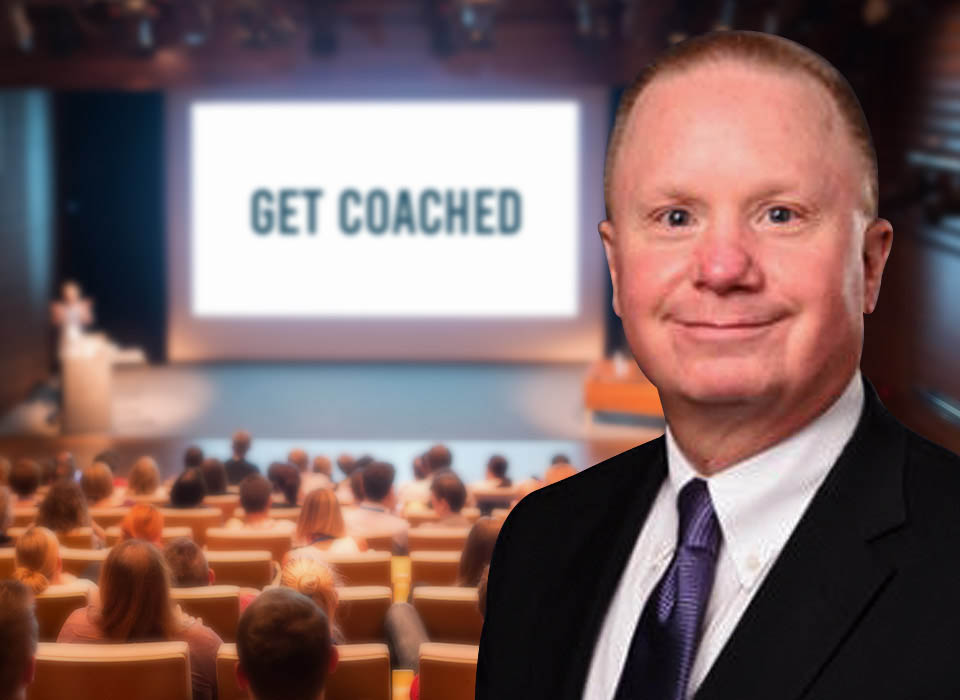
A meeting reflection is often treated as a brief, obligatory opener—an item to check off before getting to the “real” agenda. In reality, this mindset overlooks one of the most powerful leadership tools available. A well‑crafted reflection has the ability to motivate, focus, and elevate an entire team. As the leader, you should take personal responsibility for this moment rather than delegating it. It is your opportunity to set the tone, inspire action, and guide your team with intention.
Below are the essential elements of a meaningful and impactful meeting reflection:
1. Acknowledge the Season Your Team Is In
Every team experiences cycles—periods of high stress, heavy workload, transition, or celebration. Your reflection should match the moment. When your team is struggling or facing intense work, choose a reflection that speaks to their experience. The right message can lift spirits, validate emotions, and renew purpose.
2. Show Thoughtfulness and Care
A reflection should reflect the time and consideration you put into it. Too many leaders rely on last‑minute thoughts that feel like an afterthought rather than an intentional message. A meaningful reflection demonstrates that you care about your team’s growth and morale.
3. Make It Thought‑Provoking
A powerful reflection lingers. It should spark ideas and stay with your team throughout the meeting—and even into the hours and days that follow. When done well, a reflection can influence how people show up, collaborate, and respond to challenges. It can be the difference between inspired, high‑quality work and uninspired effort.
4. Uplift and Engage
Your reflection should energize the room. It should grab attention, raise engagement, and prepare everyone for a productive conversation. Meetings often fall flat simply because the team never felt connected or motivated from the start.
5. Deliver with Passion and Purpose
The message matters—but so does the delivery. Speak with conviction, warmth, and authenticity. Your tone and presence should reinforce the message and model the mindset you want your team to adopt.
6. Create Lasting Impact
The most effective reflections resonate long after the meeting ends. When your team looks forward to your reflections or references them throughout the week, you know you’ve made an impact. This is a sign of leadership that inspires, guides, and elevates.
In Summary
Treat your meeting reflection as the most important agenda item—a moment that sets the tone for everything that follows. When chosen thoughtfully and delivered with passion, it can focus your team, elevate the quality of the work, and create a more connected and inspired culture. The right reflection doesn’t just start the meeting, it shapes the entire day.




